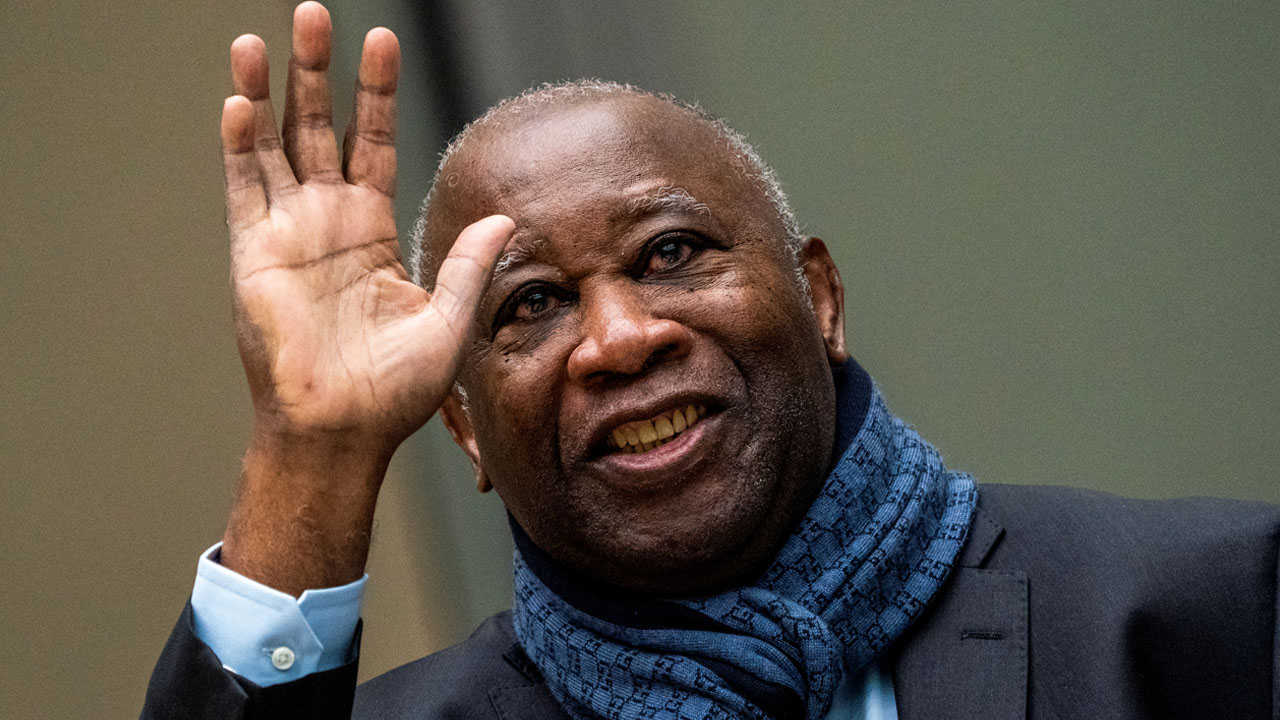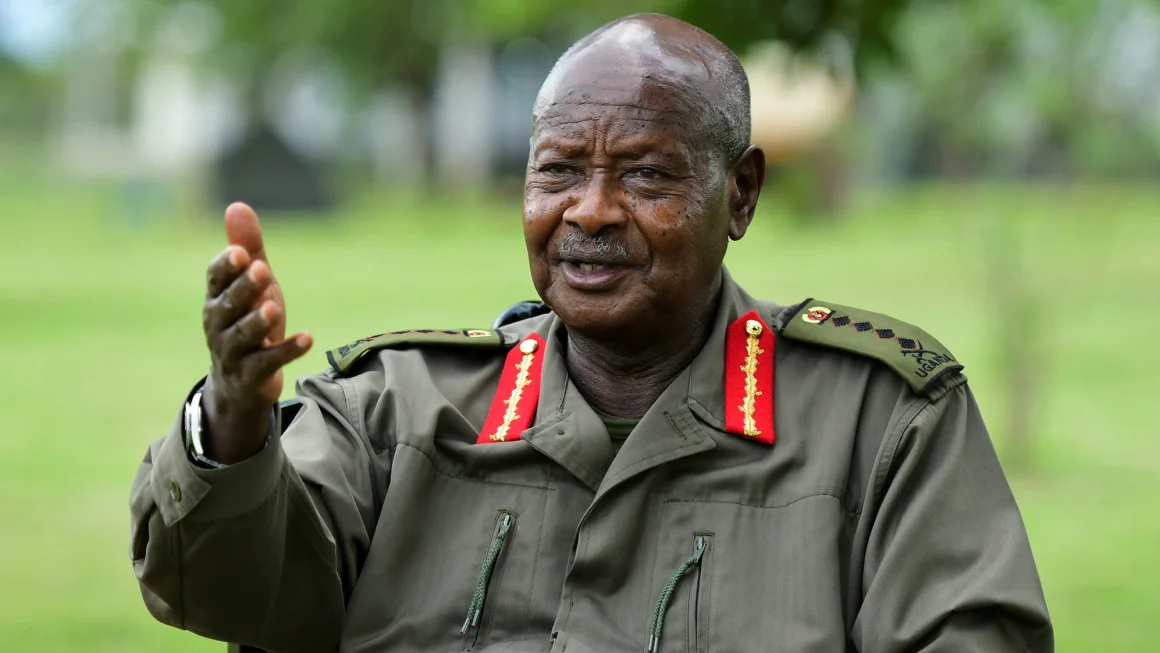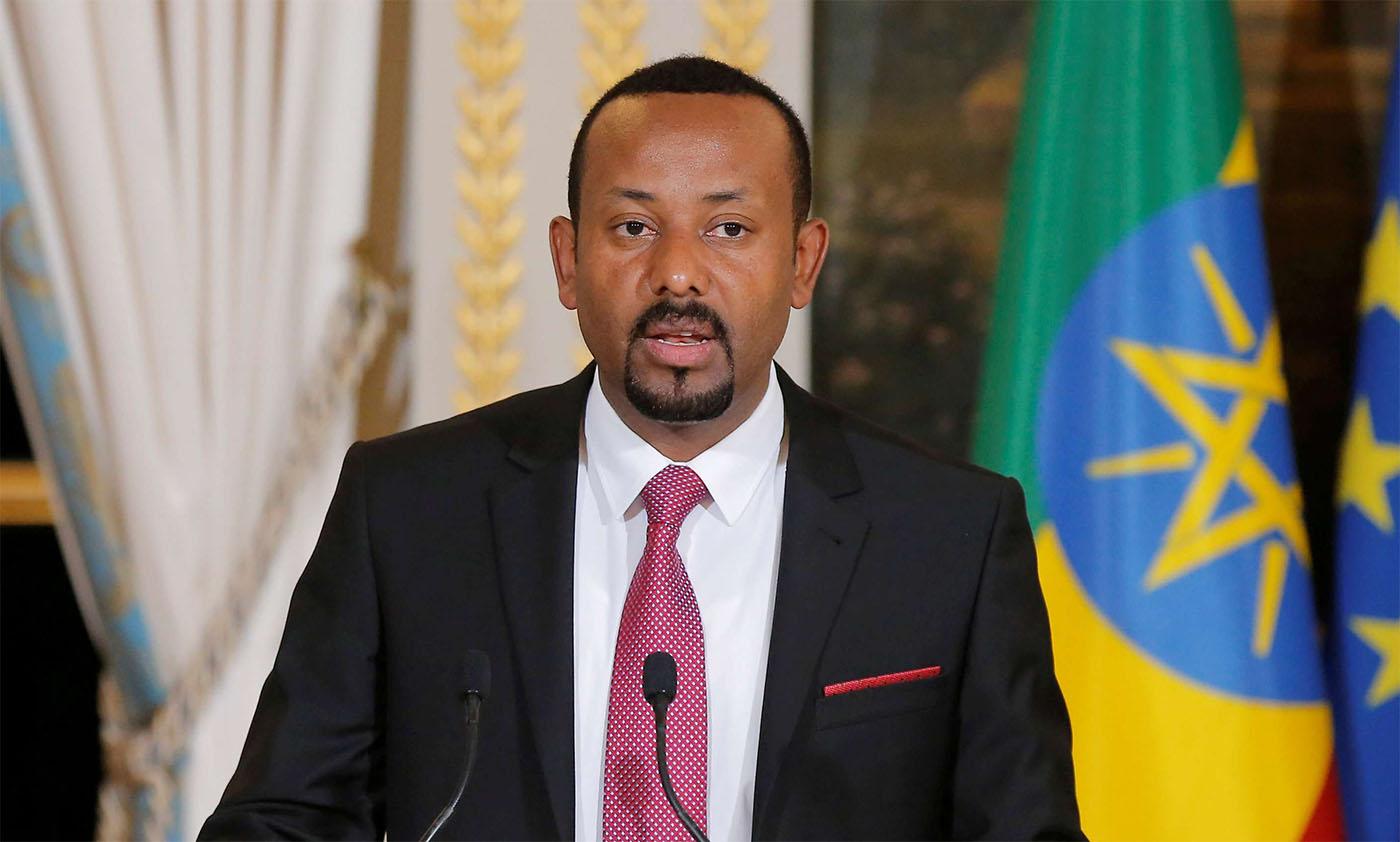
Ivory Coast’s former president Laurent Gbagbo, freed conditionally by the International Criminal Court (ICC), has applied for a passport so that he can return home, his lawyer said in a statement Tuesday.
Gbagbo is the first head of state to stand trial in The Hague.
He and his deputy Charles Ble Goude were cleared in early 2019 of crimes against humanity — eight years after the former West African strongman’s arrest and transfer to the court.
Belgium agreed to host Gbagbo after he was released under strict conditions, including his return to court for a prosecution appeal against his acquittal. An ICC spokesman has said Gbagbo can travel provided the destination agrees to receive him.
After multiple unsuccessful requests to the foreign minister in Abidjan for a diplomatic passport, Gbagbo had gone to the Ivory Coast embassy in Brussels to request an ordinary passport and clearance to visit, his lawyer, Habiba Toure, said.
After Gbagbo’s acquittal by The Hague court “it is high time for President Laurent Gbagbo to return home”, Toure argued.
The West African state of Ivory Coast was plunged into disarray on Thursday after the sudden death of its prime minister, the front-runner in looming elections for the presidency.
Gbago convicted in absentia
The return of Laurent Gbagbo to Ivory Coast is a sensitive political issue three months before the presidential election. His party the Ivorian Popular Front (FPI) is urging him to throw his hate in the electoral ring.
Gbagbo, 86, and Ble Goude were acquitted of four counts of crimes against humanity over the 2010-2011 bloodshed following a disputed vote in Ivory Coast: murder, rape, persecution and other inhumane acts. They had always maintained their innocence.
There was no immediate comment from the Ivorian government on the statement by Gbagbo’s lawyer.
Technically, Gbagbo could be jailed on his return, having been sentenced in absentia to a 20-year term last November for the “looting” of the local branch of the Central Bank of the West African States (BCEAO) during the post-election crisis.
The 2020 presidential elections are already set to be tense, after years of political turbulence.
In 2010-2011, the country was wracked by violence after Gbagbo refused to accept he had lost the presidential elections to the Alassane Ouattara, the current president.
Ouattara’s forces in the Muslim-majority north of the country eventually ousted Gbagbo, but the months-long standoff and brief conflict claimed some 3,000 lives, leaving divisions that linger today.






